What are the possible causes of a two year old getting AIDS?
Determine this in several steps:
The first step is to screen the parents for HIV, and if both parents are positive, then you can be sure of mother-to-child transmission and have no one to blame.
The second step, if the parents are negative, is to double check if the child has been hospitalized? Did the hospitalization involve surgery, blood transfusions, or albumin infusions?
Step 3, if the parents are negative and the child hasn't been hospitalized, check people who have had close contact with the child, such as babysitters and neighbors. Or has the child ever been cut with a sharp object?
I hope the answer is useful to you!
I specialize in HIV prevention and treatment at the CDC, so I'll answer that.

I think every one of us will be very saddened by the fact that a two-year-old child is infected with AIDS at such a young age. In the midst of the sadness, we all want to know what causes a small child to be infected with AIDS? What are the possible ways of infection. Let's explore this together.
As I have written repeatedly in previous articles, there are three ways of spreading AIDS: mother-to-child transmission, blood transmission and sexual transmission.
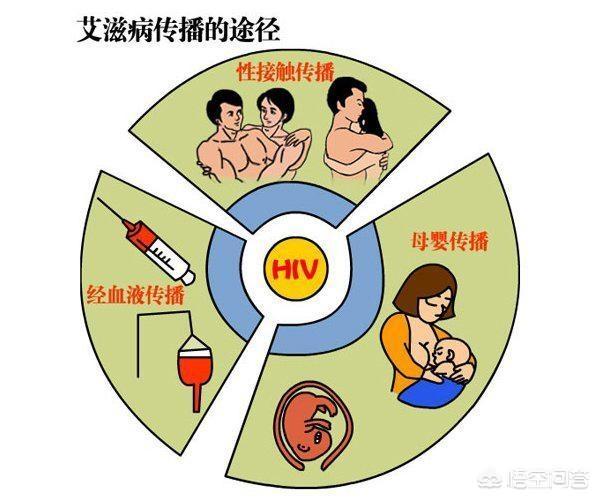
The following routes are not transmissible.
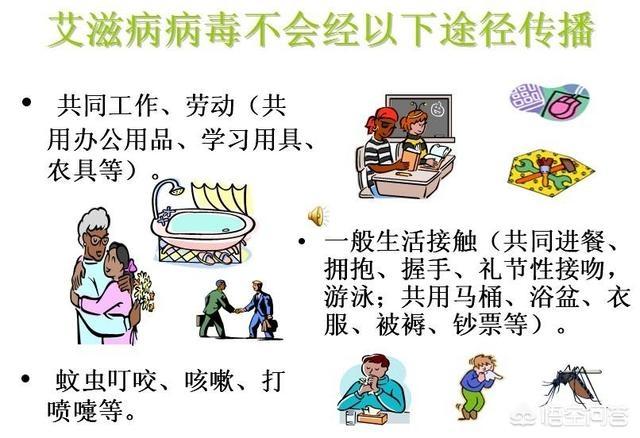
Let's explore the possible ways that small children can get HIV:
First, mother-to-child transmission This situation I think the probability should be very low, because if the parents are HIV-infected, in the pregnancy will certainly do mother-to-child blocking treatment, mother-to-child blocking treatment success rate is very high, and parents are HIV-infected children can generally be about one and a half years of age HIV antibody test, obviously the probability of discovery at the age of 2 years old is even lower.
Second, sexually transmitted This means of transmission can be directly ignored, 2-year-old children do not know anything, right?
Third, blood transmission I think the possibility of this infection pathway is the largest, because the general health of children will not be good, due to small children's immune system function is not perfect intention, so children will often get sick, sick will go to the hospital for treatment. Going to the hospital for treatment will be accompanied by injections, transfusions, blood tests, etc. In this process, because of the high flow of hospitals, many patients, if the disinfection is not qualified or do not use disposable operating equipment, the probability of infection will be greatly increased. Therefore, I think the possibility of children being infected with AIDS is due to the poor environment of the clinic.
I am in the CDC professional to do AIDS prevention and treatment work, so there are about AIDS related issues can be concerned about private message advice, you can also leave a message, I will reply to everyone, thank you.
HIV has a limited mode of transmission and can only be transmitted through bodily fluids; blood and semen can be transmitted, as well as vertical transmission from mother to child.
As a 2 year old, if you don't have a blood transfusion, then it would have to be a mother-to-child transmission kind of thing.
If the mother is HIV-positive or HIV-carrying, the child can be infected during labor and delivery, and while breastfeeding.
Nowadays, medical technology has made it possible to perform HIV blockade during pregnancy, so even people with HIV or who are carriers of the virus can still give birth to healthy children.
If the 2-year-old child was infected by the mother, there are two reasons for this: either the mother herself did not know and infected the child, or the mother knew but did not treat the child formally, let alone go to the hospital for blocking.
This child is so pitiful. Once again, parents are reminded to take responsibility for themselves and their offspring by not engaging in unsafe behaviors, such as multiple sex partners, drug abuse, and so on. If you have ever engaged in high-risk behaviors, go to the health and epidemic prevention department for a timely checkup, and don't shy away from treatment.
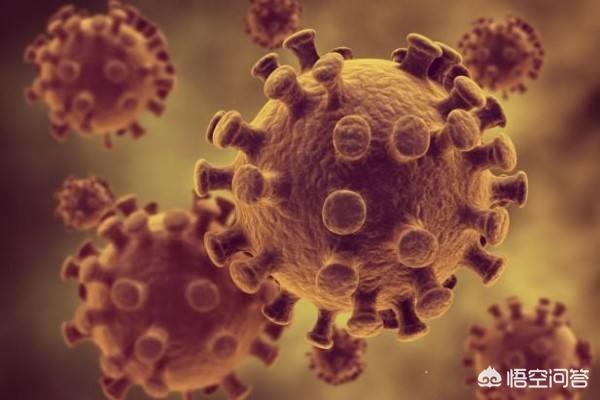
I believe we were all shocked when we read this news. A 2-year-old child who originally did not have AIDS, because of an accident hospitalized after some invasive tests, treatments and blood transfusions after six months, was found to be infected with AIDS. The child's parents are still waiting for the results of the investigation at the same time, many of my friends around me have begun to speculate on various reasons. 2-year-old girl, in addition to the possibility of mother-to-child transmission, what other ways will be infected with AIDS?
As we all know, HIV is a special disease that has a window period. Window period is a specialized term that refers to the period of time it takes to produce antibodies after infection with HIV. The period of time between infection and the time when antibodies can be detected is called the "window period". Although it is not possible to detect HIV infection during this period of time, patients who are actually infected with HIV are already contagious. If the unfortunate little girl had been transfused with blood donated during the window period of an AIDS patient, the blood sample would have been undetectable at the time of the transfusion, but six months later, the little girl could have been found to be infected with AIDS.
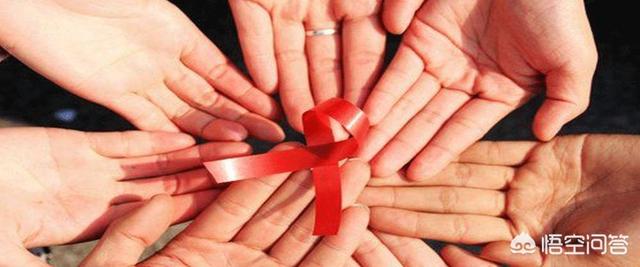
No good solution has yet been found worldwide for how to deal with blood taken during the window period. Because blood collected during the window period cannot be tested for HIV until it has passed the window period, and only fresh blood samples can be taken. Therefore, we can only strengthen the safety control in the blood donation process and look for low-risk groups to donate blood. People who have sex with men, inject drugs, get tattoos, have occupational exposure, or have multiple sexual partners are at high risk and are advised not to donate blood. But whether one belongs to the low-risk or high-risk group is dependent on people's self-awareness, and Blood Wars cannot verify this. Some high-risk groups even want to use blood donation as an opportunity to test for diseases, which is even more undesirable. Here is an appeal: if you are a high-risk group, please go to a regular hospital for testing and don't let the window period blood flow to the hospital.
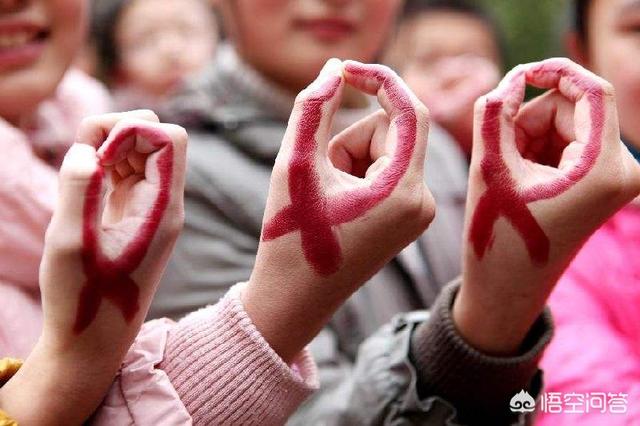
Welcome to Apricot Island for more useful health knowledge.
This question and answer are from the site users, does not represent the position of the site, such as infringement, please contact the administrator to delete.